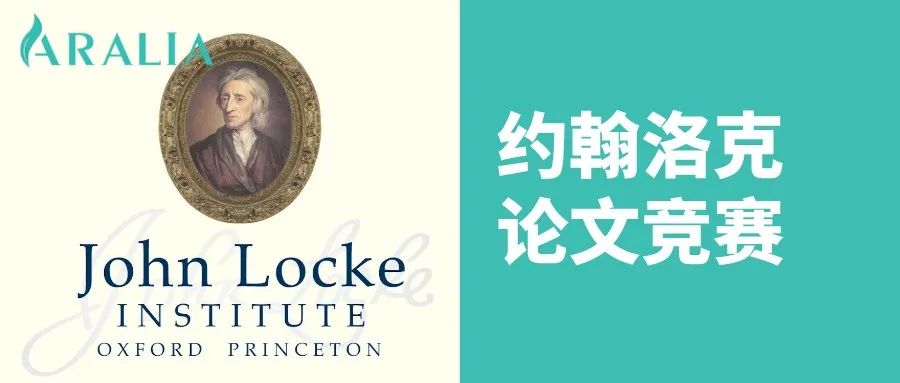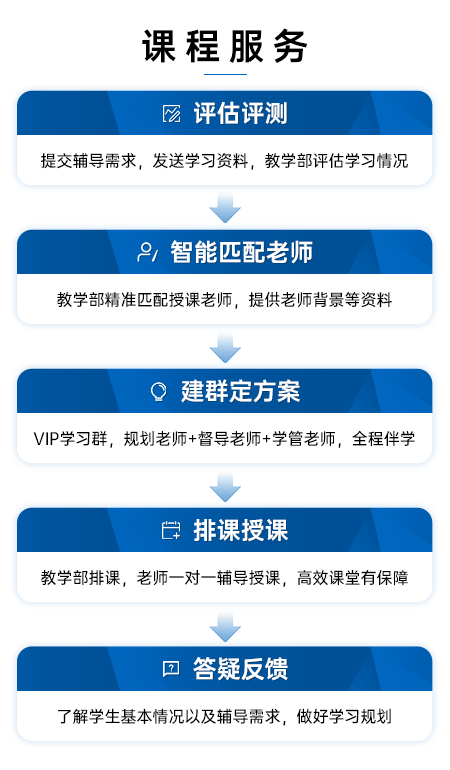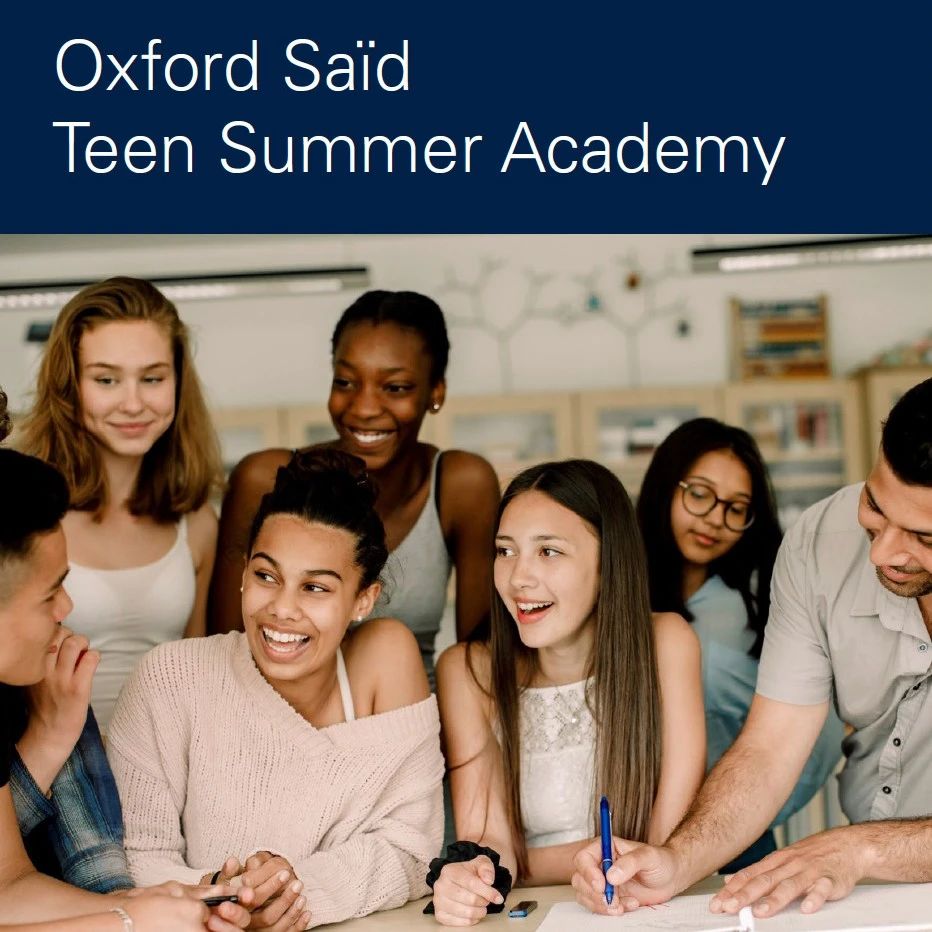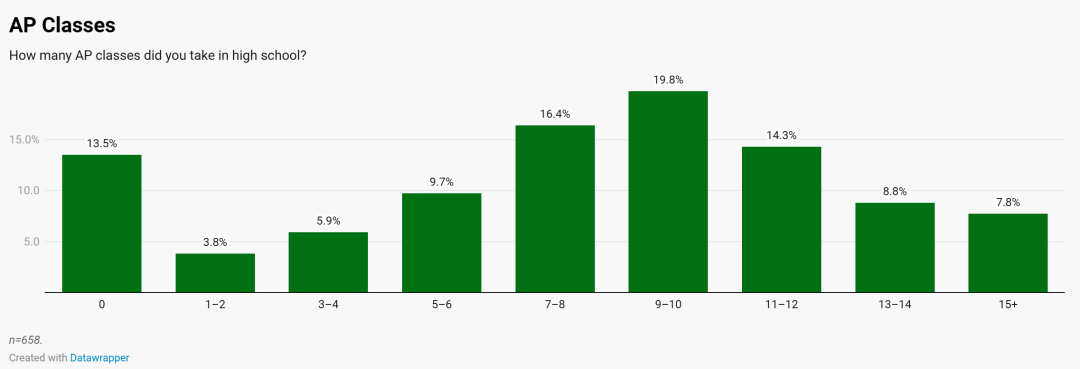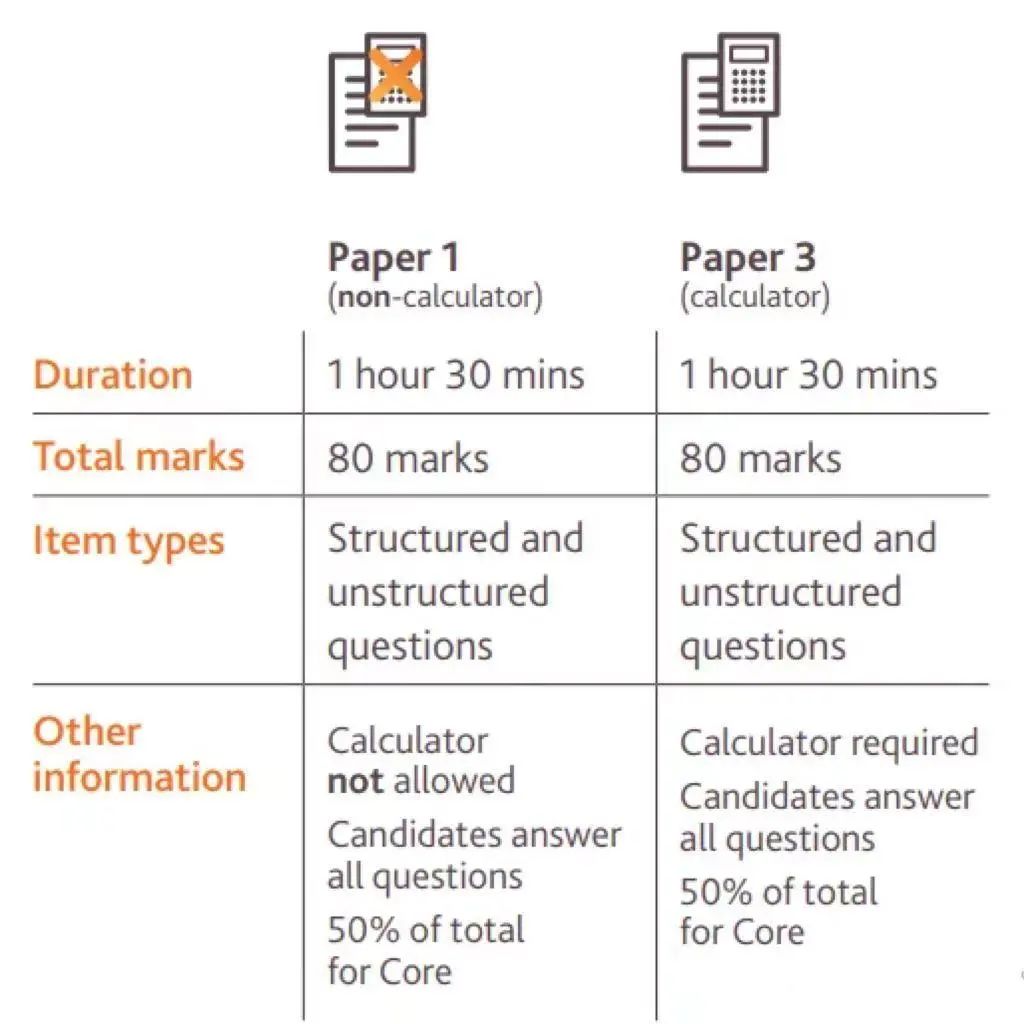有人说,读古典学的人是“寂寞”的,必须沉下心来,泡在图书馆阅读大量文献;又有人说,选古典学的人是“丰富且睿智”的,对古典学怀揣深沉的爱与敬畏,有志于学术,热爱人类文明,热衷于探究对人类文明起源和各文明之间的联系影响,且有志于打破文史哲壁垒。不要觉得选择古典学就是“曲高和寡”,你也许会从事历史或文化旅游工作,或成为档案管理员,也可能作为遗产管理人,负责遗产地的保护和管理,比如博物馆、历史遗迹和建筑物。你未来可能是一家博物馆的馆长,管理文物,亦或在画廊,收藏艺术品,负责挑选、购买陈列物,以告知和教育公众。如果你热衷于分享和研究,可以考虑成为学校教师、大学教授。甚至可以为新闻出版、图书馆、媒体、政治、法律、市场营销、公务员等领域的角色提供可转换的技能。接下来,我们一起走进古典学,感受它的魅力,了解它的学习逻辑。
学科概述
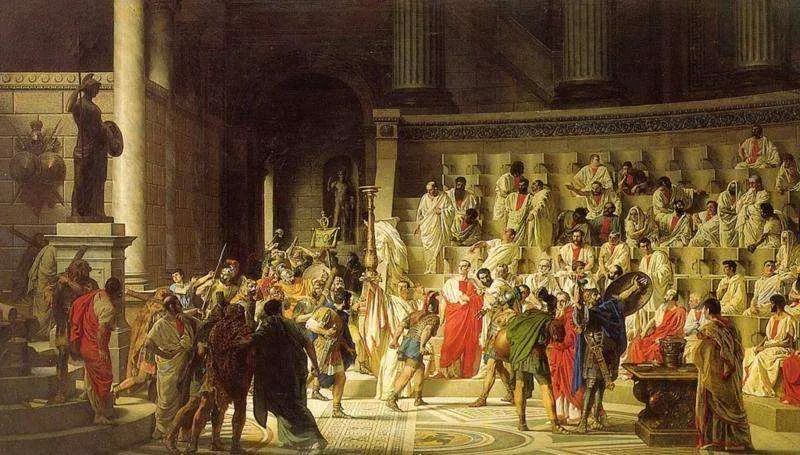
古典学(Classics)是一门非常古老的学科。正如它的名字,古典学的学科重点是对西方古典时代的研究,即ClassicalAntiquity。古典学的基础语言是古典拉丁语和古希腊语。传统上古典学被认为是人文学科(Humanities)的基石,甚至许多古罗马古希腊的文本,如荷马史诗,塞内卡的哲学随笔本身即是“高贵”的代名词。历来在欧美被作为贵族精英教学的一部分,在一些中小学就会有相当程度的重视。脍炙人口的古希腊神话也是西方社会文化的重要组成部分。其中的许多人物以及故事成为了西方语言文化中流传至今的典故,甚至潜移默化地成为了许多日常文化中的语言。这些无形的传承经过千年积淀,现在已经属于欧美犹太基督教社会(Judea-ChristianSociety)的精神文明中最底层、最不可分割的一部分。因此,学习古典学即是追本溯源的学习如今欧美主流社会的核心。
当代的古典学作为一门大学本科专业则已经进入非常综合性的领域,和考古学,语言学,历史学,哲学等学科都可能有一定的交集。不过本科阶段的教育基本上还是会集中在对基础语言的掌握,也就是拉丁语和古希腊语的学习上。大量的文本阅读和严谨的语法学习是这门学科的入门要求。进阶的课程则牵涉跨学科的思辨能力,然而大部分也会是基于古典文本的原文阅读进行的研究。
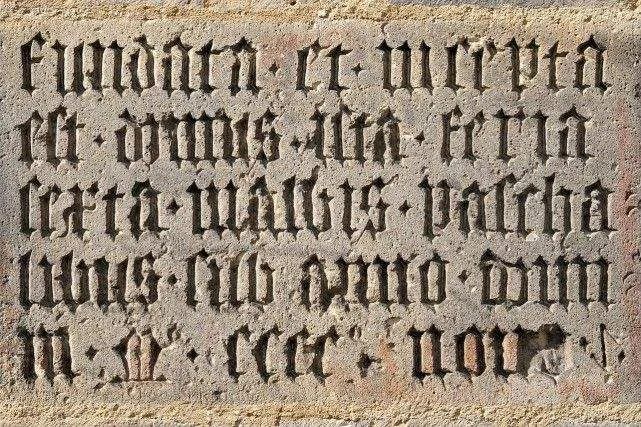
古典学的发展历史
古典学的历史可以追溯到最早的中世纪大学。尤其是文艺复兴之前,拉丁语的学习和教育捆绑在一起。为了方便学术交流,大学生活中的教学以及学习交流,论文等,全都是以拉丁语作为载体进行的。中世纪大学中的拉丁语地位就相当于当代的英语在世界上的通用语地位。进入文艺复兴时代,大量的希腊语文本通过阿拉伯世界被重新引进。通过对荷马史诗以及亚里士多德的哲学典籍的学习,人文主义思潮随之呈现出最早的原型。学者们对已经逝去良久的古典时代的想象和憧憬成为了文艺复兴时代文学艺术发展的灯塔。
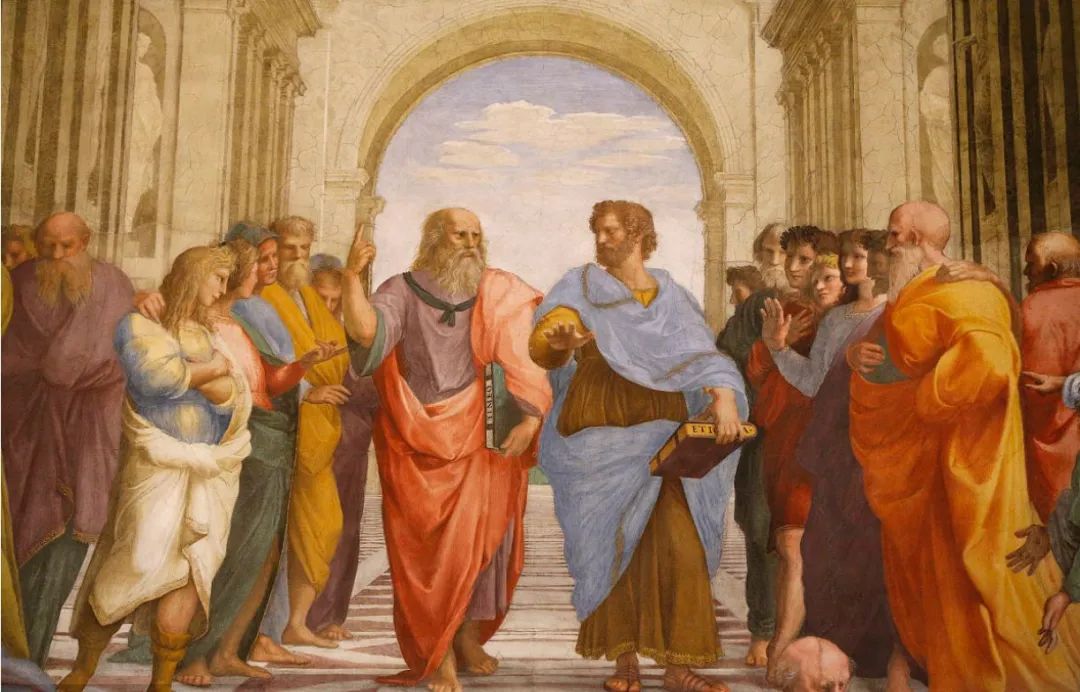
伴随欧洲大陆基督教神权社会的发展,古希腊哲学和一神教的思想相互融合,相互影响,诞生了经院哲学这一充满人文思辨气息的学派,其严谨的治学理念和理性的研究态度为之后的社会体制和科学技术的进步打下了基础。从这一时期开始,古典学已经可以说成为了一门具有专业性的学术科目。
近现代的古典学在文艺复兴和之后的新古典主义思潮的影响下,成为了所谓的精英教育的隐形环节。欧洲,比如德国法国意大利的大部分初中以及高中都会强制学生学习拉丁语,希腊语则作为可能的选修课程提供,正是这一传统的延续。美国的精英高中学校对此也进行了模仿,大部分提供拉丁语(古希腊语课程相较欧洲则极为罕见),一方面将其作为孩子所处的社会阶层的象征,另一方面也是将这些古典语言的学习作为博雅教育的基础。就如同哥伦比亚大学古典学系标榜的拉丁语名言:INLVMINE TUO VIDEBIMUS LVMEN (We shall see light in your brightness)
美国大学古典学课程
美国本科的古典学教育更偏向语言和文本学习,锻炼学生具有自主批判精神的古典文献阅读能力。一般至少会有两年的时间用于基础的语言语法知识掌握。学生可以选择古希腊语或者拉丁语,或者二者都涉猎。完成基础语言学习之后则是进阶阅读,也就是需要学生在能够正确翻译古希腊语或拉丁语文献的基础上,提出自己对文本的理解和看法,也就是所谓的philologicalstudy。美国本科高阶的课程还会牵涉到二手文献的阅读,甚至运用古典拉丁语和古希腊语进行写作,以便用综合性的,发展的眼光来理解古典学的文本。
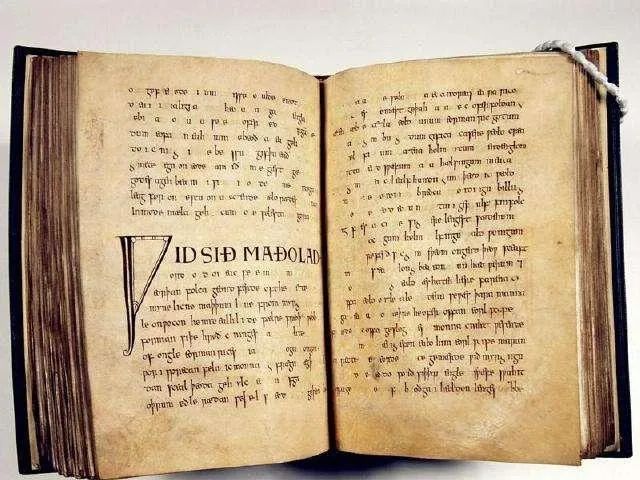
课程示例:Stanford University斯坦福大学:
Introductory Level:BeginningLatin/Beginning Greek
Intermediate Level:IntermediateLatin: Introduction to LiteratureIntermediateGreek: TragedyIntermediateLatin: Greeks, Trojans, and Romans in the Bay of NaplesIntermediateGreek: Homer's OdysseyIntermediateLatin: Vergil
Advanced Level:AdvancedLatin: ComedyAdvancedGreek: AristophanesAdvancedLatin: OvidAdvancedGreek: Ancient Scientific WritingAdvancedLatin: Bad Emperors: Tacitus and Suetonius on Nero
Columbia University哥伦比亚大学:1101-2: Introductory language course inTWO semesters. This is the normal course taken by those beginning a languagenot previously studied; it covers all the basic grammar and gives some practicereading easy texts.1121: This one-semester course is theequivalent of both 1101 and 1102; it covers all the basic grammar in onesemester and enables the participants to take courses at the 2100 level thefollowing semester. This is an intensive course, so you should be prepared tomake a substantial time commitment.2101-2: This sequence providesintermediate language training in both prose and poetry. The completion of 1202satisfies the language requirement.3012 (Latin only): This is thefifth-semester Latin course and the beginning of the Latin literature sequence.It is highly recommended for incoming first year students who have had enoughLatin to place out of 2101-2 or for those who have completed the intermediatesequence here.3013 (Latin only): This new course isdesigned as a sequel or alternative to 3012 and aims to sharpen translationskills by concentrating on classical Latin prose.3309, 3310, 4009, 4010: These advancedliterature courses are offered annually with changes in subject matter, so thatstudents will have a chance to read as many representative authors as possible.Courses at the 4000 level are not necessarily more difficult than those at the3000 level when taken by undergraduates; the significance of the designation isthat graduate students as well as undergraduates may take 4000 level courses,but in many cases undergraduates and graduates will not be given the sameworkload in these courses. Students who are in doubt about the level of aspecific class should consult the instructor.3033, 4152 (Latin only): These coursesconstitute the sequence in medieval Latin; in most years both will be offered.3996: The Major Seminar is intended forsenior majors in Classics, Classical Studies, and Ancient Studies but is alsoopen to juniors. The course considers a different topic each year, analyzing itacross time periods, genres, and both languages. It focuses on honing skillsthat are useful for working on the senior thesis, such as how to frame adiscussion topic, how to analyze a text philologically and thematically, andhow to develop a bibliography. The course also provides upper-level students inClassics, Classical Studies, and Ancient Studies with an opportunity to get toknow each other in a congenial and interactive environment.4105-6: The literature surveys aredesigned to give advanced Classics undergraduates and entering graduatestudents a grasp of the broader picture of Greek or Latin literature, asopposed to the more focused topics offered in other advanced courses.5139: This course focuses on enablingstudents to write, as well as read, Greek and Latin. It consists largely of anintensive review of grammar and syntax at an advanced level, with thetranslation of sentences or short paragraphs into the ancientlanguages. Note: This is technically a graduate course, but undergraduatesare welcome to enroll with the instructor’s permission.
古典学的就业去向
作为一门在Liberal Arts中非常受欢迎的学科,古典学的就业前景非常广阔。
美国的古典学协会Societyfor Classical Studies(SCS)提出的本科生的职业规划建议:
Most Classics majors have no desire tobecome a "professional Classicist" and wish to enter the work forceor to enter a professional school immediately upon graduation. If this isyour choice, you should know that the Classics has been seen, and continues tobe seen, as one of the strongest liberal arts degrees a student can earn. Future employers view Classics majors as students who have been trained to readoriginal and difficult texts as well as to think about them critically, and whoare able to communicate these thoughts persuasively in speech and onpaper. These skills are as rare as they are sought after by employers inmany fields. Remember that your BA in the Classics can lead you to a widevariety of final destinations. Look at this list of famous Classicsmajors: Jerry Brown began as a Classics major, went to law school at Yale,and is the current (and past) governor of California; Raymond Joseph Tellerstudied Latin in high school and college and taught the language in high schoolbefore becoming the silent half of the famous magic team Penn and Teller; TedTurner was a Classics major for a while and went on to found CNN. SarahPrice, the Community Manager for Gmail, studied Latin literature atYale. Finally, a young woman with a minor in Classics named Joanne Rowlingwent on to become J.K. Rowling, author of the Harry Potter books.
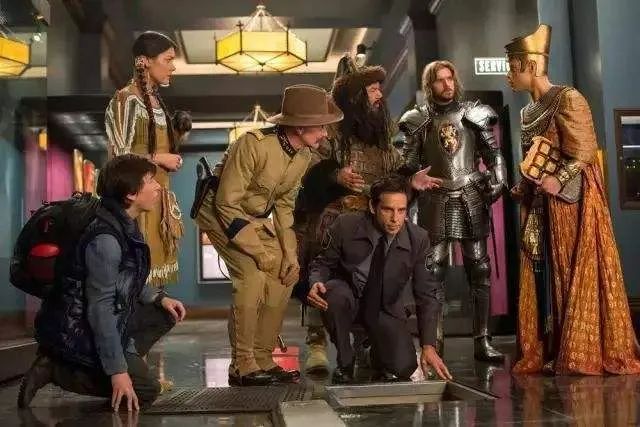
剑桥大学职业前景规划部门给出的就业建议:
| 与专业直接相关 | 与专业间接相关 |
| Academic researcher | Archivist |
| Museum/gallery Curator | Barrister |
| Archaeology firms(strictly in England) | Civil Service |
| Editorial assistant | |
| Heritage manager | |
| Higher education lecturer | |
| Market researcher | |
| Newspaper journalist | |
| Secondary school teacher | |
| Solicitor | |
| etc. |
古典学名人介绍
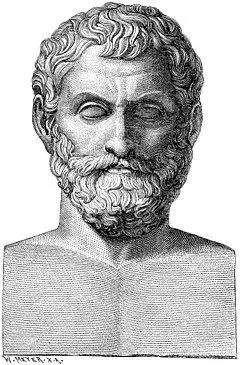
苏格拉底
西方历史上第一位哲学家,苏格拉底,其实本人没有留下任何书面著述。我们对这个人物所有的了解都来源于同时代,或者晚于他的时代的记述(最主要来源于柏拉图的对话集)。我们可以肯定的是,曾经有一个雅典人,他的很多哲学观点影响了整个城邦,甚至更广阔的希腊社会的思想。苏格拉底在《理想国》、《会饮篇》等名著中提出的观点和想法,比如教化的重要性与人性对于向善的渴望等内容一直流传到中世纪,对文艺复兴时期的哲学与基督教神学发展起到了非常重要的作用。
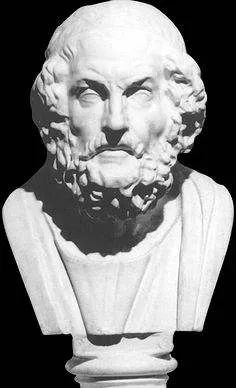
荷马
对于荷马其人,我们所知甚少。我们甚至不能确定他作为荷马史诗的作者是独立的个体,只能通过荷马史诗的成书年代来推测,他大约生活于公元前800-750年左右。荷马对于古典时代的柏拉图等作者来说也已经是一个古代人物。但无论如何,《伊利亚特》和《奥德赛》作为荷马的代表作长篇史诗在西方文学中至高无上的地位从古至今无可动摇。古典时期的古希腊将荷马定义为希腊文学艺术的起源。
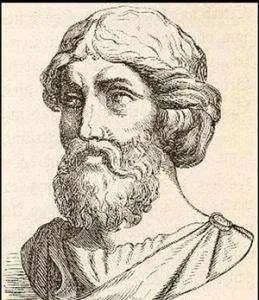
柏拉图
柏拉图可以说是第一个在西方哲学史上留下浓墨重彩的一笔的哲学家。他的论述几乎全部以对话的方式呈现,绝大多数作品的主角是苏格拉底,也是普遍认为的柏拉图的老师。因此对柏拉图的研究始终有一个无法被忽略的问题:柏拉图对话集中的哲学思想,究竟是柏拉图的,还是苏格拉底的?柏拉图哲学的核心思想包括对“范式(Form)”和“理想(Ideal)”的探讨,以及一些其它的最早的形而上学的哲学概念。
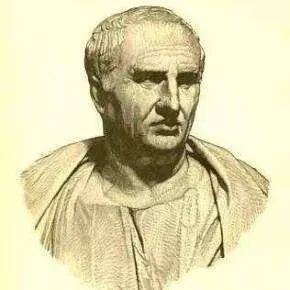
西塞罗
西塞罗生前就已经被认为是最伟大的拉丁语散文作家和演说家,被称为“以一己之力将拉丁语从一门普通的实用语言改造成了一门高雅简洁的文学语言”的人。虽然西塞罗在文学上的地位极高,但是他自认自己一生最大的成就在于其政治生涯。他留下了公共演说的记录,以及以辩护人身份等作出的法律演讲。中晚期的西塞罗还以书信方式写下了不少政治哲学以及伦理学的著作,亦是古典拉丁语中不可多得的优秀散文著作。
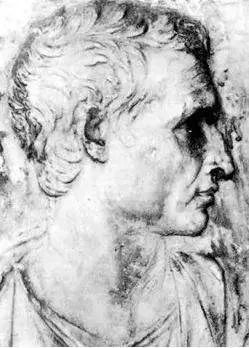
维吉尔
古罗马诗人,被称为奥古斯都时期最伟大的诗人。他的田园诗Ecologue,Georgics是古罗马田园诗的典范。模仿两部荷马史诗写作的史诗Aeneid则被称为罗马帝国的“national epic”。这部史诗的文学地位因其中对奥古斯都皇帝本人的“政治宣传”的内容,在中世纪被极大低估。直到近现代,这部作品本身才开始在学术范围内引起比较广泛和深入的讨论。
古典学书籍推荐
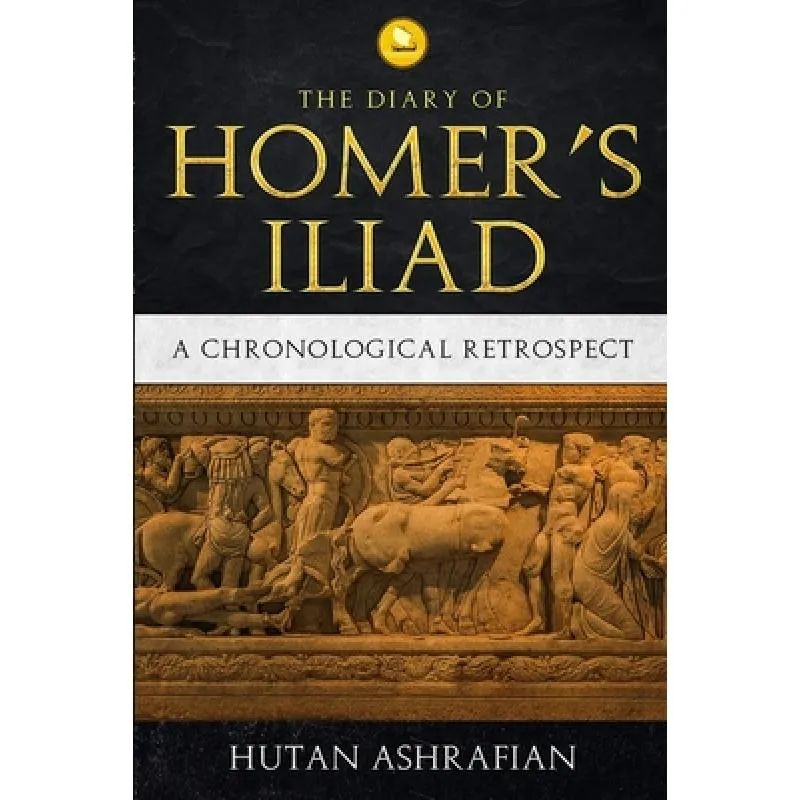
经典文本
Homer’s Iliad
Vergil’s Aeneid
Ovid’s Metamorphoses
Cicero’s On Duty
Euripides’s Medea
Plato’s Symposium
etc.
学科背景读物
The Cambridge History of ClassicalLiterature. by Knox et.al.
The Cambridge Companion to Archaic Greece.by Shapiro
An Introduction to Classics: A short guideto the world of ancient Greece and Rome. by Wheeler
Translations of the original classicalworks






